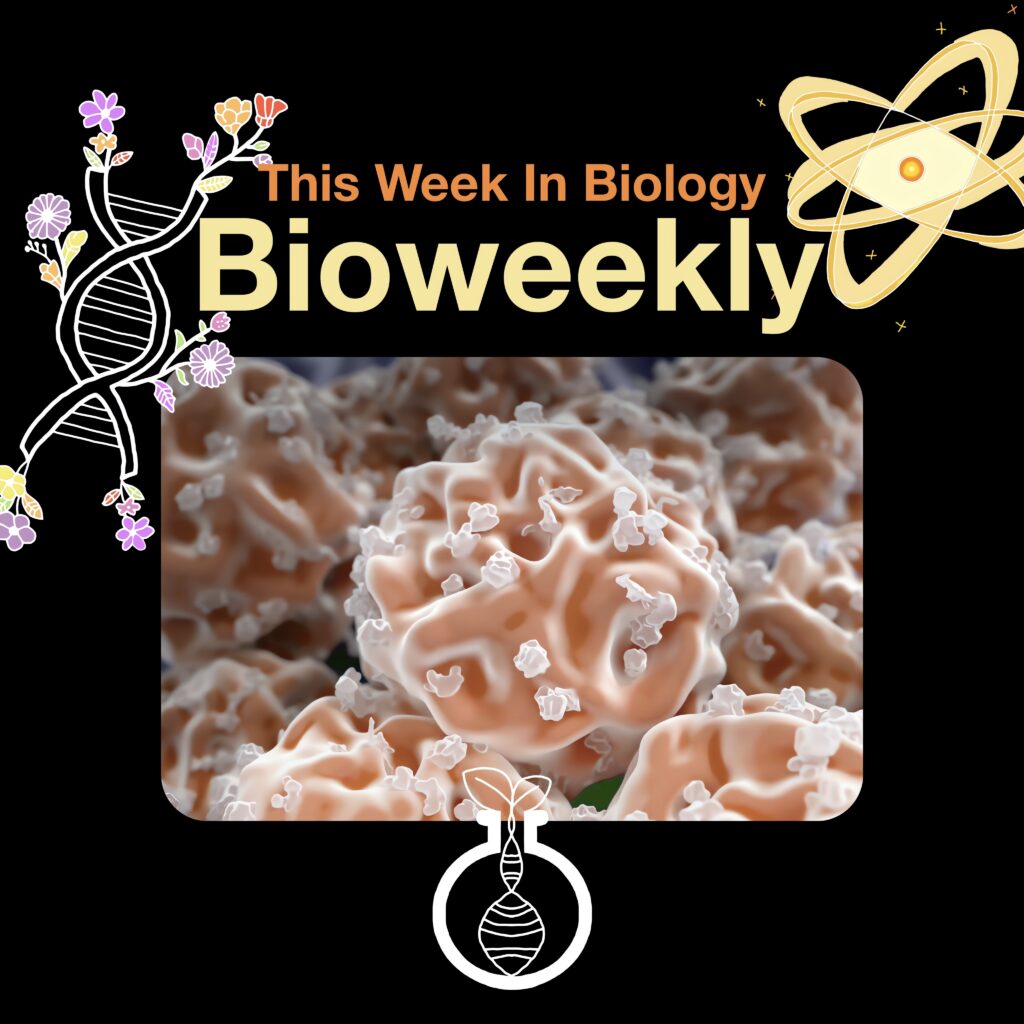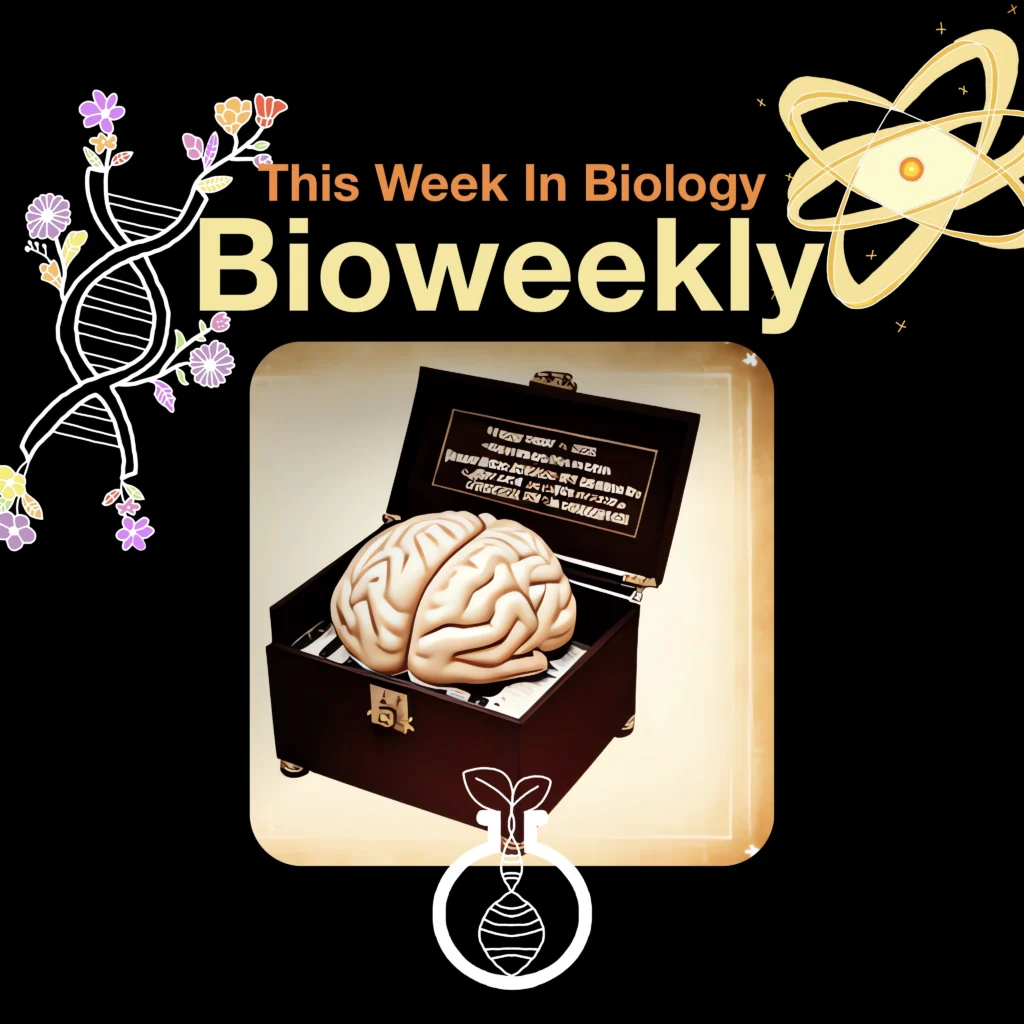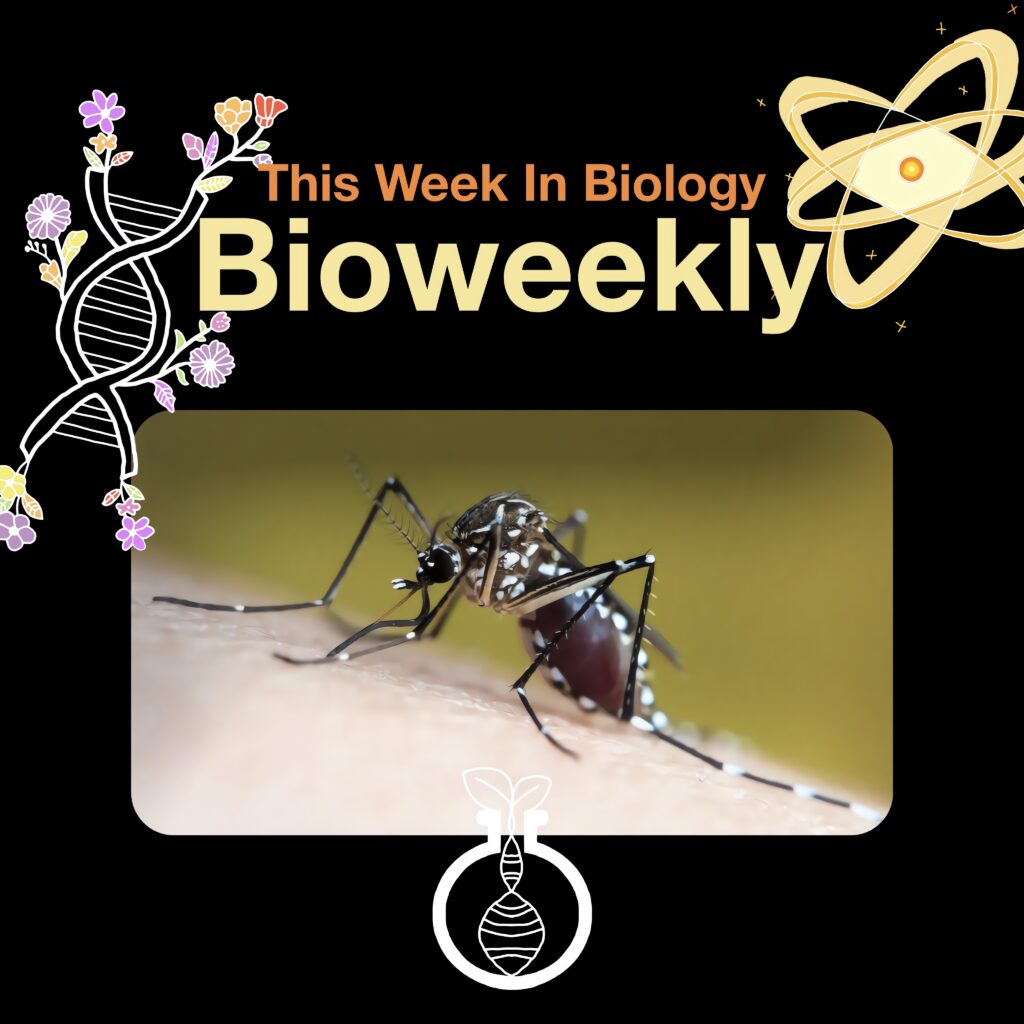We’re excited to have you with us! This week, we’re diving into some groundbreaking discoveries from the world of biology. First up, a newly identified cell type, EndoMac progenitors, is set to revolutionize tissue repair and healing for conditions like diabetes. We’ll also explore the origins of kefir, as ancient cheese found in China reveals new insights into probiotic evolution. And finally, we look at how just a month in space can dramatically age the human heart, with researchers uncovering the effects of microgravity on cardiovascular health. Join us as we journey through these incredible stories. Happy reading! 🌍🔬💡👩🔬
You can find all of the sources in this article right below each headline
Newly Discovered Cell Type : EndoMac Progenitor
Scientists at the South Australian Health and Medical Research Institute have identified a new type of cell, called EndoMac progenitors, with the potential to enhance tissue repair and regeneration. These cells can transform into endothelial cells, which form blood vessels, and macrophages, which aid in tissue repair and defence. Discovered in adult mice, EndoMac progenitors respond to injury or poor blood flow by expanding rapidly to promote healing. Their unique ability to boost healing in diabetic wound models is particularly promising, as they could one day become a key tool in treating chronic wounds. Additionally, these cells don’t express typical immune markers, making them less likely to be rejected during stem cell transplantation. Researchers are now exploring their use in human tissue and are hopeful for future breakthroughs.

You can find the full article from here
World’s Oldest Cheese Shows the Origin of Kefir
Researchers have uncovered the oldest known cheese, dating back 3,600 years, alongside mummies in China’s Tarim Basin. DNA analysis of the ancient cheese suggests it was kefir, a fermented dairy product, and sheds light on the evolution of probiotic bacteria. This discovery challenges the belief that kefir originated solely in the North Caucasus, instead pointing to the Xinjiang region of China as an early site of kefir culture. The study also reveals how the bacteria used in ancient kefir evolved to become more adapted to humans over thousands of years, offering a glimpse into ancient diets and lifestyles.

You can find the full article from here
The Human Heart Ages Quickly After One Month in Space
Engineered human heart tissue sent to the International Space Station (ISS) showed signs of weakening, irregular beating, and molecular changes within just one month, mimicking the aging process. These findings, published in Proceedings of the National Academy of Sciences, reveal how space flight can significantly impact heart health. Using a “heart-on-a-chip” system, researchers tracked tissue contraction and genetic shifts in real-time, offering new insights into the effects of microgravity on cardiovascular function. The study highlights potential risks for astronauts during extended space missions and opens avenues for testing drugs to counteract space-induced heart deterioration.
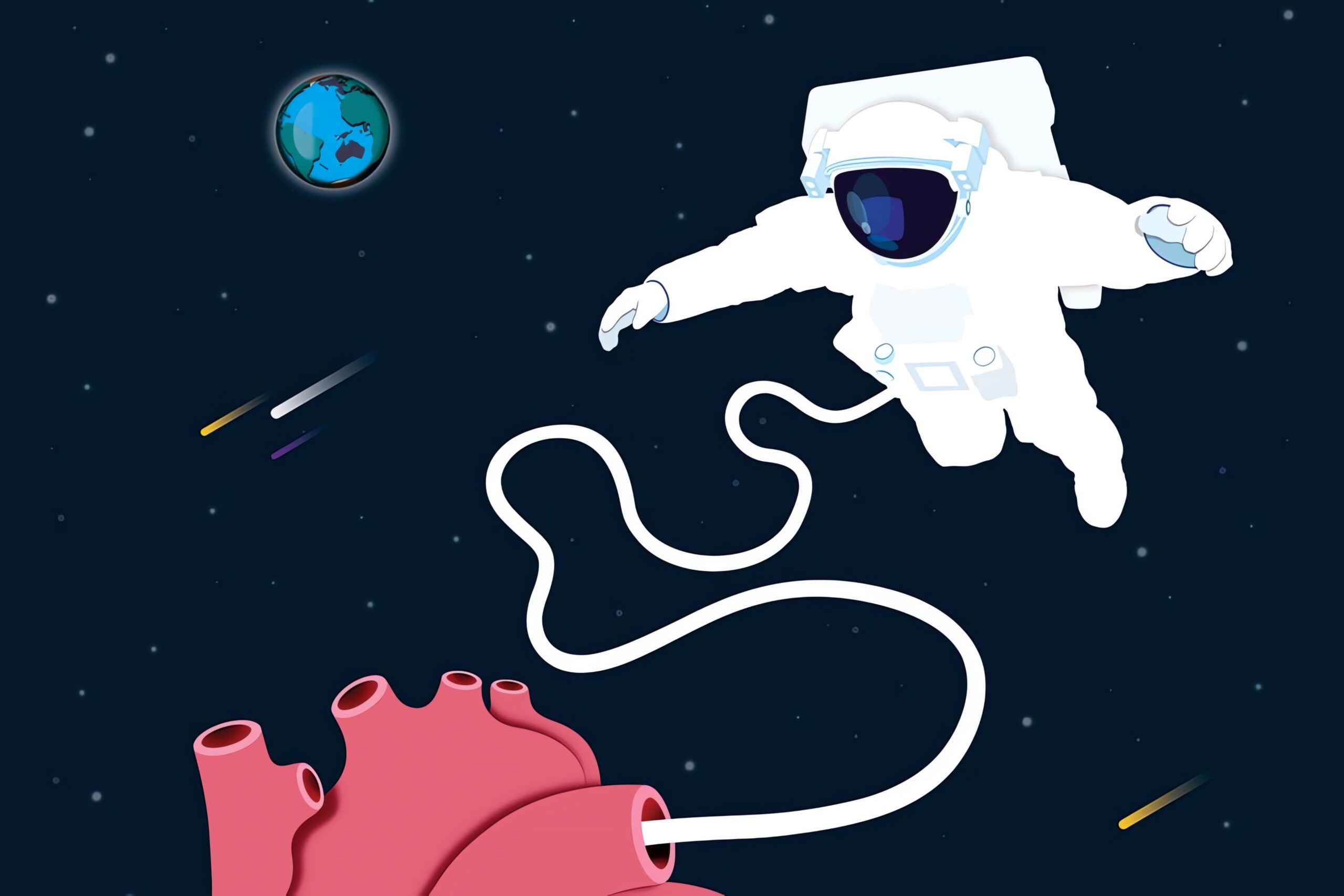
You can find the full article from here
Thank you for diving into this week’s news with us. We hope you enjoyed uncovering these fascinating updates as much as we did. Be sure to return next week for more exciting discoveries from the world of science. Until then, stay curious and keep exploring!

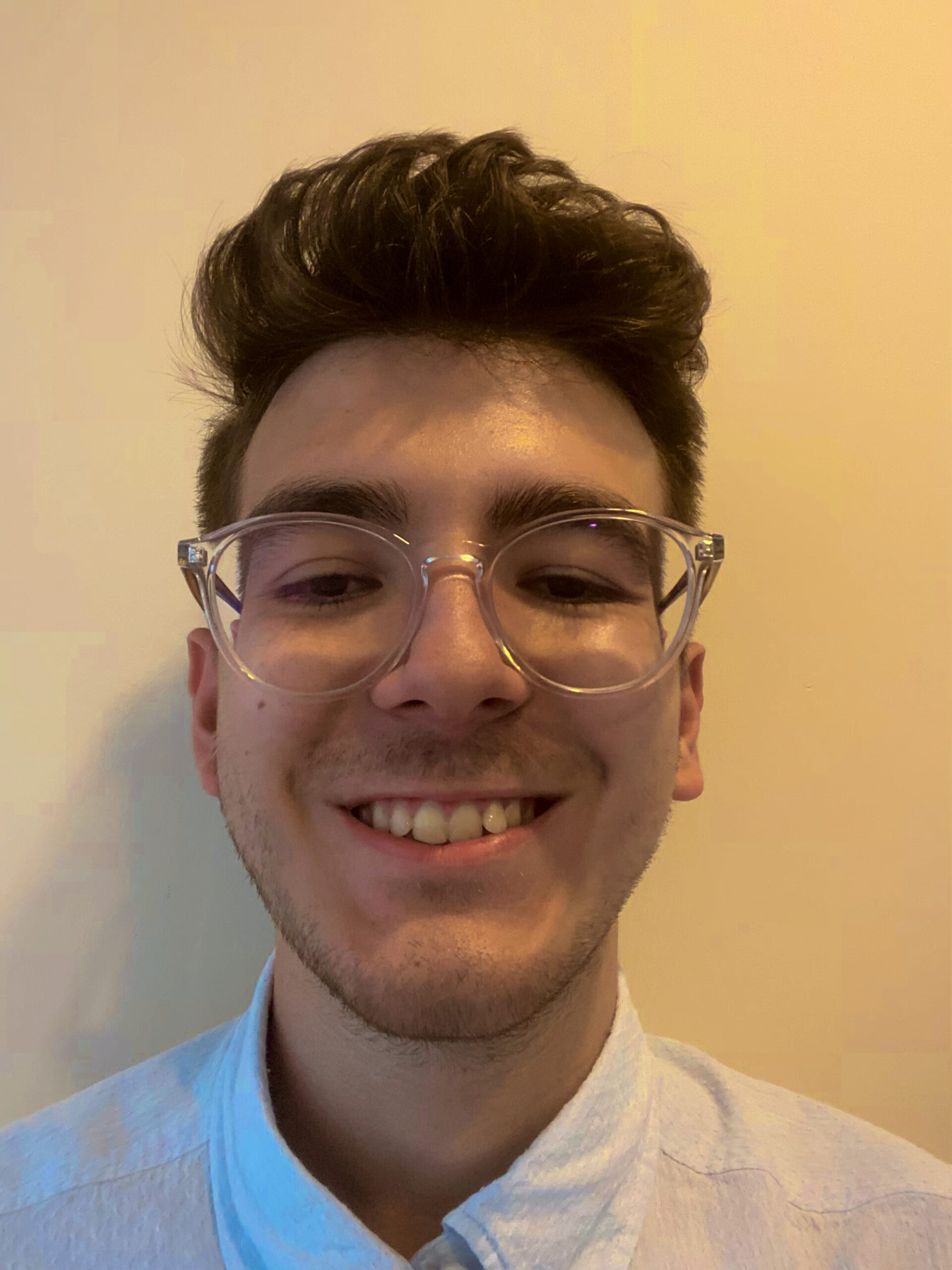
My name is Ali Emre Cabadak, a dedicated biology enthusiast currently pursuing my studies at Marmara University, where I am majoring in Bioengineering. As a passionate advocate for scientific discovery and innovation, I am the founder of Biologyto. My goal is to bring the wonders of biology closer to everyone and inspire a new generation of thinkers and innovators. Through Biologyto, I aim to write scientific articles that delve into the fascinating world of biology, sharing insights and discoveries that inspire curiosity and innovation.

